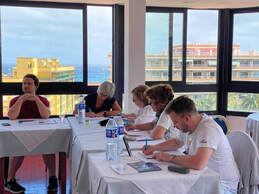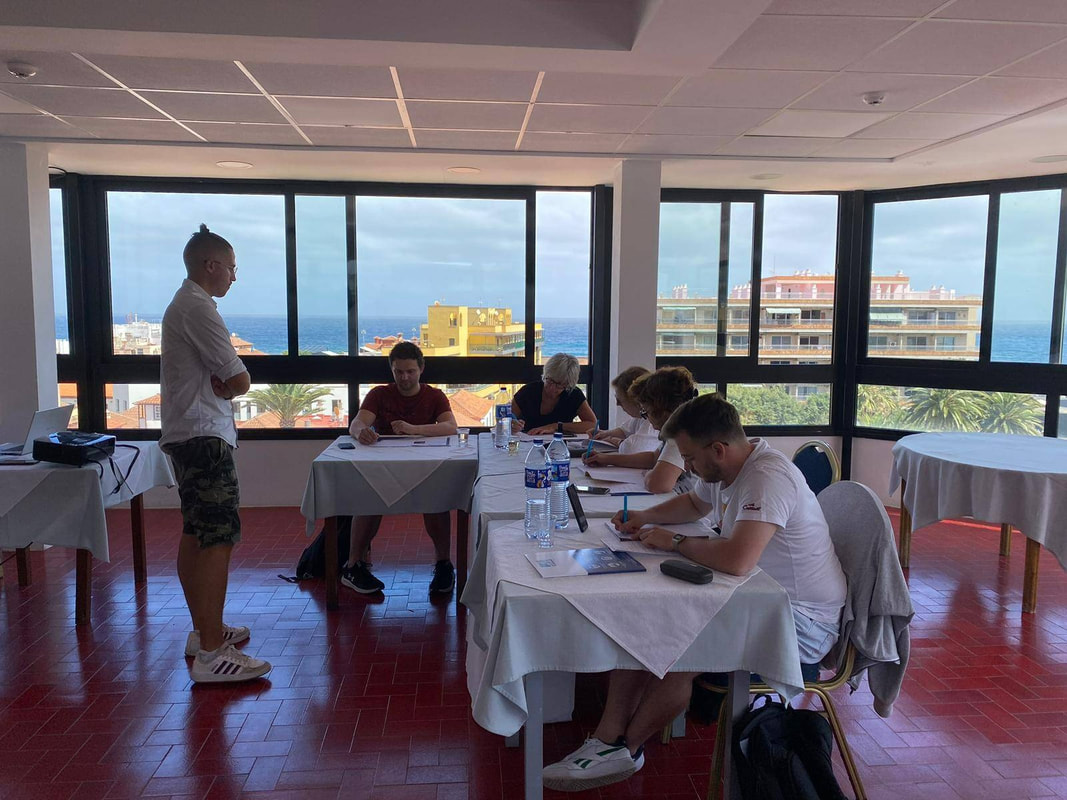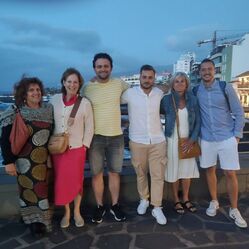 The issue of Early School Leaving (ESL) and conflicts in the educational setting has become increasingly pressing in recent years. The consequences of this phenomenon are significant, with negative impacts on individuals, communities, and societies as a whole. Therefore, it is crucial to address this problem proactively, by identifying the causes and adopting effective strategies to prevent, manage, and reduce ESL and conflicts. This training course aims to provide participants with a comprehensive understanding of the topic, a range of best practices and approaches to tackle the issue, and tools to manage conflicts in the educational setting. By taking a holistic approach, the course will explore various aspects of the problem, including social, economic, psychological, and educational factors, and provide insights into how to foster a positive and inclusive learning environment that can support all students to reach their full potential. The new edition of the course “Preventing conflicts and tackling Early School Leaving” took place in Tenerife from 07/05/2023 to 13/05/2023. The participants came from all across Europe, with Ingrid and Katrin from Sint Ursula institute in Belgium Viktor from IGS Mainz-Bretzenheim in Germany Francesco and Loredana from ISISS Gobetti-De Gasperi in Italy. Early School Leaving (ESL) is a widespread problem across Europe, with negative consequences on individuals and societies. To tackle this issue, it is crucial to identify the underlying causes and develop effective strategies to prevent, manage, and reduce ESL. In a European context, participants of a training course dedicated their first day to defining what ESL means and identifying the main risk factors. Through hands-on activities, they drew a realistic picture of their school experience and discussed potential consequences of ESL. To develop an approach to prevent ESL, participants realised the importance of connecting to students' interests and feelings. They engaged in activities that highlighted the importance of active listening and emotional intelligence in creating social connections. Conflict management was another important topic discussed during the training course. Participants underwent a perspective change, realising that conflicts provide unique opportunities to improve communication, relationships, and understanding. They practised non-formal activities to reflect on the importance of membership and collaboration and explored strategies for collaborative work and peer-education. The group also discussed battling negativity in the classroom, analysing different conflict managementstyles and their application in different situations. They identified and characterised the main ;negative, student types and developed practical tips and suggestions on how to deal with them effectively. Through a team challenge, participants learned how to foster a mindset of growth in their students. Finally, the group analysed the phenomenon of bullying and explored strategies to become upstanders and stop bullying. Through visual tasks and group reflection, participants gained insights into the importance of taking action against bullying and promoting a positive and inclusive learning environment. In summary, the training course provided participants with a holistic approach to prevent and manage ESL and conflicts in the educational setting. By connecting to students' interests and feelings, promoting collaboration and peer-education, and fostering a positive mindset, educators can create a learning environment that supports all students to reach their full potential. Overall, the training course provided participants with practical tools, insights, and strategies to transform their approach to ESL and conflict management. By embracing a mindset of growth and transformation, educators can create a supportive and empowering learning environment that enables all students to achieve their full potential. Discover more about this course here. |
Welcome to the ELA Blog. Here you will find articles and photos of our courses and have a look at the topics addressed during the week in Bologna, Palermo and Tenerife. You will also have the chance to take a peek at our projects and check out what we have been up to.
Archives
July 2024
Categories |
-
Course catalogue
- 2023-2024 course catalogue
- Soft Skills >
- ICT and New Technologies >
- Inclusion and Diversity >
-
Innovative Teaching Methods
>
- Innovative teaching methods discovery
- Non-formal education teaching methods
- Dual education and work-based learning
- Teaching leadership and entrepreneurship
- Project based learning
- Game based learning and gamification
- Green skills
- Outdoor education
- Outdoor education trekking edition
- Promoting creativity and critical thinking
- Languages and EU projects >
- Preschool >
- Erasmus Plus KA1
- What we do
- About us
- Locations
- Blog
- Contact us
 English
English български
български Čeština
Čeština Español
Español Français
Français ελληνικά
ελληνικά Italiano
Italiano Polski
Polski Português
Português Română
Română

 RSS Feed
RSS Feed









